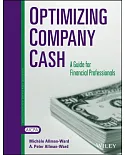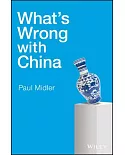The late nineteenth and early twentieth centuries witnessed significant developments in the structure, organization, and expansion of financial markets and opportunities for investment in
Britain and its empire. But very little is known about how men and women engaged with these markets and with new opportunities for money-making. In what ways did the composition of personal
fortunes alter in response to these developments? How did individuals make use of new financial opportunities to further their own priorities and ensure their families' well-being? What choices
of securities did they make, and how did these reflect their attitudes to investment risk? What were the implications of a rapidly growing investor population for corporate governance and the
regulation of markets? How significant is gender in understanding new patterns of wealth holding and investment?
This interdisciplinary book brings together a range of leading international scholars to answer these questions and to develop important new research agendas. Foremost among these is a concern
for gender, with several of the chapters exploring the growing importance of women within investment markets. These findings open up dialogues between economic and financial historians with
social, gender, and feminist historians, and add a significant new dimension to existing research on women's economic agency. The volume also breaks fresh ground by analysing aspects of wealth
holding and finance in British colonial settings: Canada and Australia. Understanding the extent to which global financial processes shaped the economic lives of those on the 'periphery' as
well as at the 'heart' of empire will offer new insights into the social and geographical diffusion of financial markets.





















